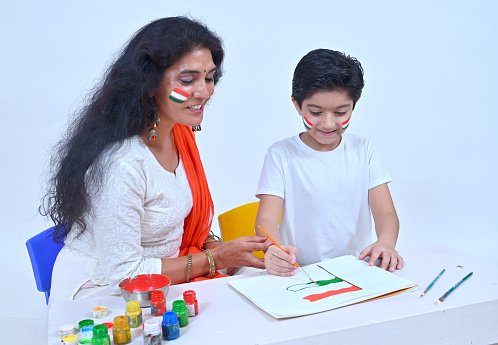Behavioural Disorders

Some children exhibit challenging behaviors beyond their age norm, possibly due to temporary stressors or enduring disorders. Common disruptive disorders include ODD, CD, and ADHD. Boys are more prone to behavioral disorders.
Risk Factors
- Gender: Disruptive behavioural disorders are complicated and may include many different factors working in combination. For example, a child who exhibits the delinquent behaviours of CD may also have ADHD, Anxiety, depression and a difficult home life.
- Gestation and birth: Difficult pregnancies and premature birth can be factors.
- Temperament: Aggressive or difficult temperaments may lead to disorders.
- Family life: Dysfunctional family environments increase the risk.
- Learning difficulties: Often linked to behavior issues.
Diagnosis of children’s behavioural disorders
Diagnosis is made by a specialist. Untreated disorders can lead to dysfunctional adulthood, so early intervention is key.

